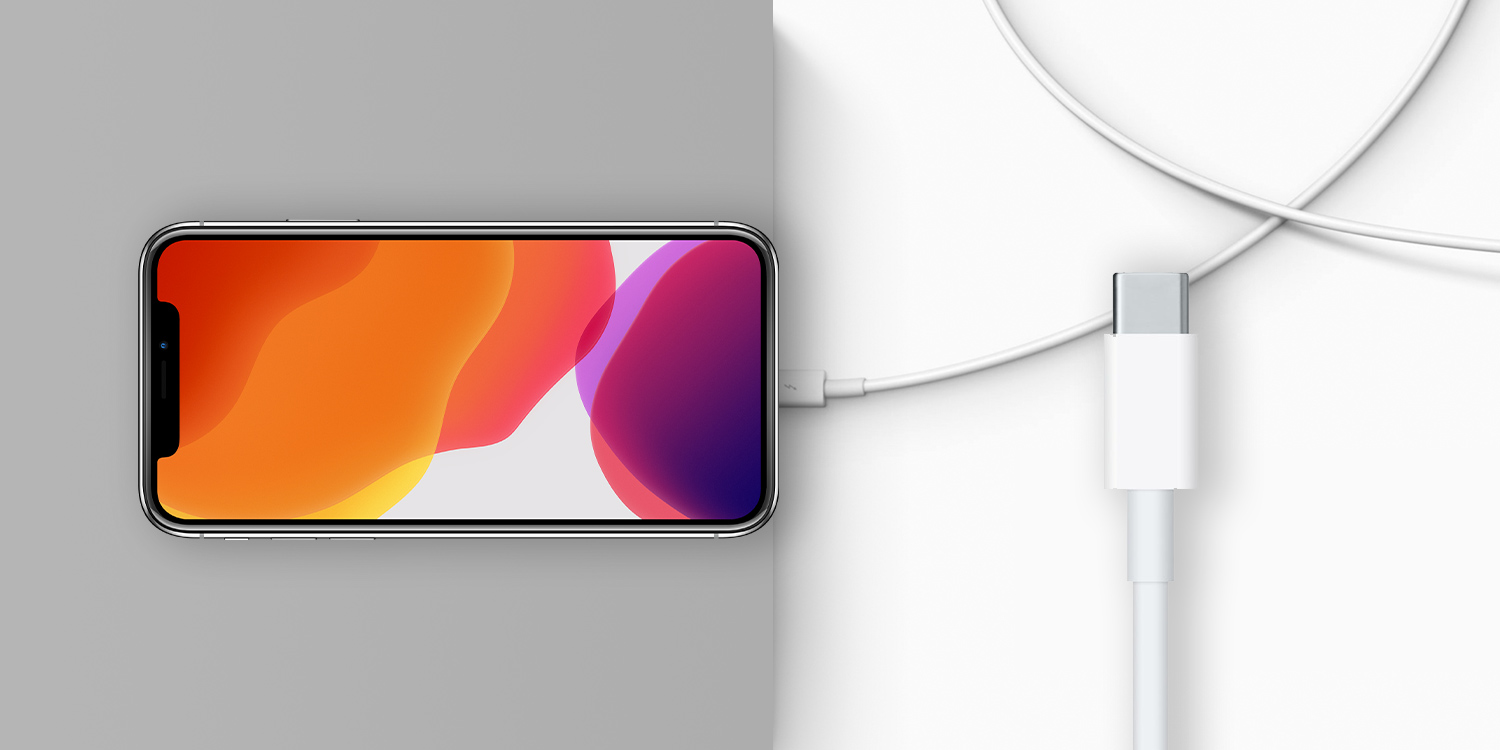Apple’s proprietary Lightning port might just be on its last legs, with Brazil joining the US and Europe in an attempt to force Apple to switch future iPhones to USB-C.
There have been rumors about USB-C on iPhone for years. The connector is superior to both Lightning and old-style USB, and was designed to be a global standard across all brands and devices, making things simpler and cheaper for consumers. The convenience of a single charging cable powering every gadget in your house is undeniable – but Apple has held off adding it to iPhone despite using the connector on iPad and Mac.
Part of that is down to the sheer volume of Lightning cables and accessories out there from the last decade. Like when Apple switched from the iPhone’s original 30-pin connector, another connector change would obsolete thousands of gadgets and could annoy users in the short term. There’s also the rumor that Apple eventually wants to remove all ports from the iPhone at some point, relying solely on wireless charging. If that’s true, it makes sense to keep Lightning around for now rather than make two big changes in a short period.
Regardless, there is mounting pressure from governments for Apple to follow the rest of the tech world and adopt USB-C as soon as possible. Brazil has joined the US in debating new laws that would make USB-C mandatory for mobile devices. EU lawmakers have already put a similar policy into place, although clearly Apple is resisting the bill.
If Apple does cave to the pressure, it’s unlikely to be in time for this year’s iPhone 14, which is likely already in production. And it remains to be seen whether these bills will become actual laws, and how hard the government will push Apple to abide by them. But the pressure is mounting, and the Lightning port’s days are numbered.

